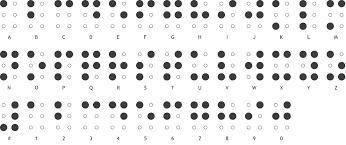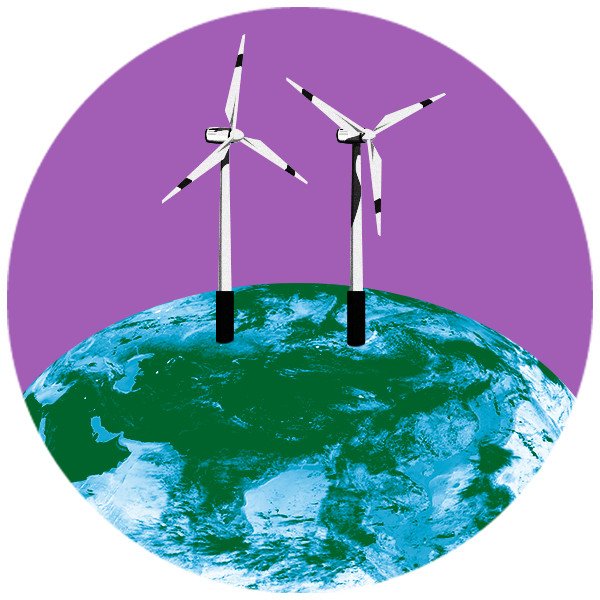

The Power of Energy: How Sustainable Energy Transforms Lives
Energy is a fundamental pillar of modern society. It powers homes, fuels industries, enables technological advancements, and supports economic development. Yet, despite its undeniable importance, a significant portion of the global population still lacks access to reliable, affordable, and clean energy. Sustainable Development Goal (SDG) 7—"Ensure access to affordable, reliable, sustainable, and modern energy for all"—is a global call to action to bridge this energy gap and create a more equitable and sustainable future.
The Harsh Reality of Energy Poverty
Energy poverty remains a pressing challenge, disproportionately affecting developing nations. According to the International Energy Agency (IEA), approximately 675 million people worldwide still live without access to electricity, and 2.3 billion people rely on polluting fuels such as wood, charcoal, and kerosene for cooking. This lack of modern energy services has severe consequences across multiple sectors:
Health: Indoor air pollution from burning solid fuels causes 3.2 million premature deaths annually, predominantly among women and children in low-income households.
Education: In many rural communities, students are unable to study after sunset due to the absence of electricity, and schools struggle to provide digital learning opportunities.
Economic Development: Small businesses and entrepreneurs rely on energy to operate machinery, store products, and expand their operations. Without reliable electricity, economic opportunities remain stifled.
Gender Inequality: Women and girls spend hours collecting firewood, which not only exposes them to safety risks but also limits their time for education, employment, and personal development.
The Global Energy Transition: Progress and Challenges
Efforts to achieve universal energy access have seen progress, yet significant challenges persist. Between 2010 and 2021, the global electrification rate increased from 84% to 91%, driven by investments in renewable energy and decentralized energy solutions. However, progress remains uneven. Sub-Saharan Africa accounts for over 80% of the world’s population without electricity, and investment in clean cooking solutions is still insufficient.
Renewable energy sources, such as solar, wind, and hydropower, have emerged as key drivers of the energy transition. The declining cost of solar energy—by over 80% in the past decade—has made it more accessible, particularly in off-grid areas. Yet, financing, infrastructure, and policy frameworks must be strengthened to scale up sustainable energy solutions globally.
What This Means for Mauritius
Mauritius is not exempt from the global energy challenge. Although the country has made strides in electrification and renewable energy development, we remain heavily dependent on fossil fuels, particularly coal and imported petroleum. In 2022, around 80% of electricity was still generated from non-renewable sources. To align with SDG 7 and national climate goals, Mauritius must accelerate its energy transition.
Challenges at Home
High energy import bills make the economy vulnerable to international fuel price fluctuations.
Carbon emissions from energy use are a significant contributor to climate change impacts felt across our island.
Energy wastage remains common in households and businesses.
Practical Actions Mauritians Can Take to Reduce Energy Use
Everyone in Mauritius—whether individuals, households, businesses, or communities—can contribute to building a more energy-efficient and sustainable future:
1. Shift to Energy-Efficient Appliances
Look for appliances with the "Energy Efficiency Label" from the Mauritius Standards Bureau. Use LED bulbs, inverter refrigerators, and ceiling fans that consume less power.
2. Maximize Solar Potential
Mauritius enjoys year-round sunshine. Households can invest in solar water heaters, which are already subsidized by the government, or even small-scale solar PV systems for rooftop energy generation.
3. Be Smart with Usage
Turn off lights and appliances when not in use. Set air conditioners at 24–26°C, use timers, and reduce unnecessary cooling. Simple habits can reduce electricity bills and consumption.
4. Encourage Clean Cooking Alternatives
Encourage the use of electric induction cookers or LPG stoves instead of charcoal and wood, particularly in rural areas and during outdoor gatherings.
5. Use Public Transport and Carpool
Transport accounts for a large share of fossil fuel use. Walking, cycling, carpooling, or using buses reduces your carbon footprint and saves money.
6. Spread Awareness
Support campaigns that promote energy conservation, educate youth on sustainable practices, and advocate for stronger renewable energy policies.
Conclusion: Powering a Greener Mauritius
Access to clean, affordable, and sustainable energy is not just an environmental necessity—it is a key to our nation's resilience. By embracing local actions—like using solar power, conserving energy at home, and supporting clean cooking—we can help Mauritius meet its sustainable development targets while improving our own quality of life.
Let’s power a cleaner, greener Mauritius—one action at a time.


